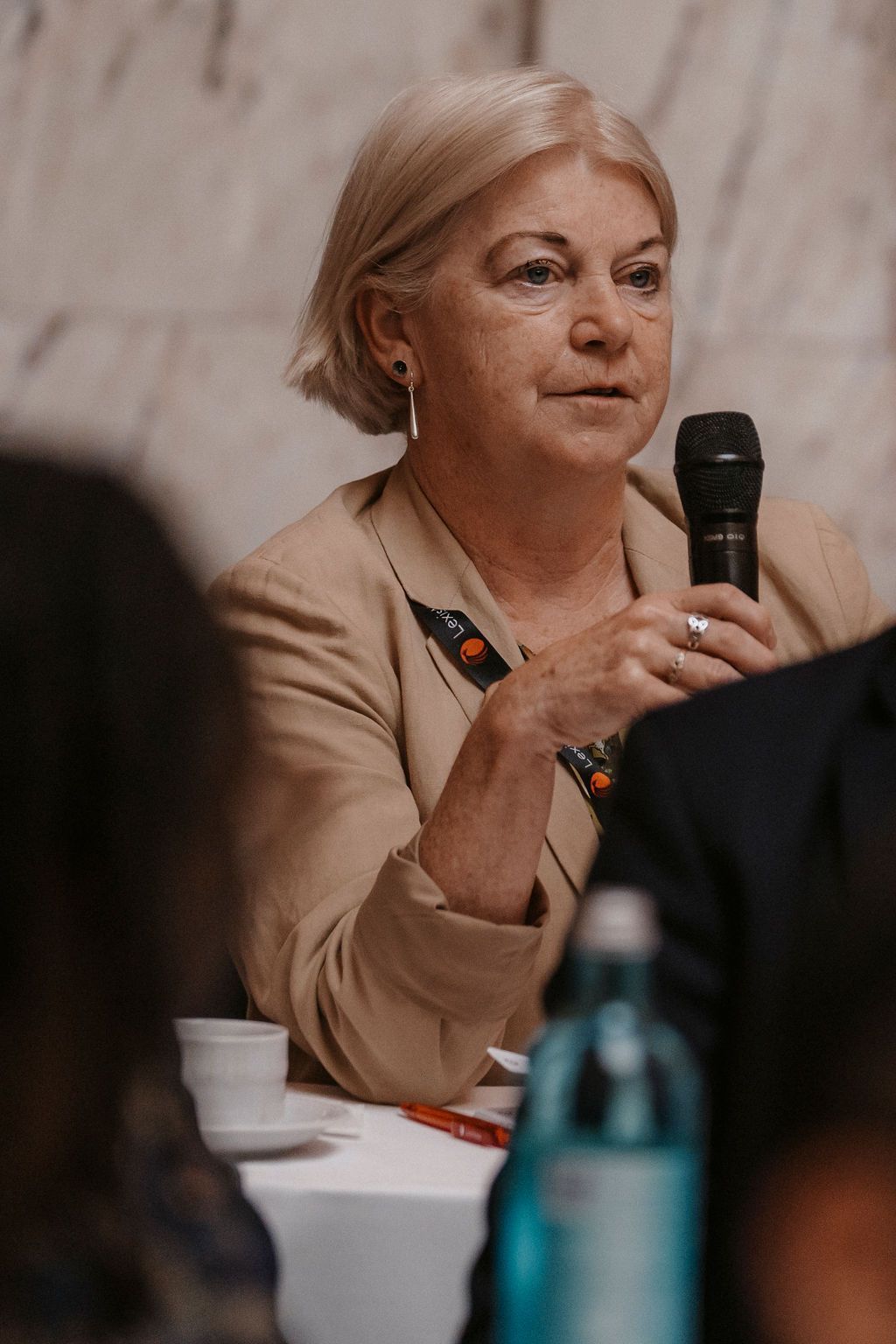November 2024
BPIP 53rd Annual Meeting in 2024.
For the first time in some years, I was able to attend the BPIP Annual Meeting in person! It was great to have time to engage with treasured colleagues, and to meet new people. The BPIP meeting continues in a hybrid format, and was this year hosted by Reckitt in Slough. The meeting follows the usual format with updates within the group, and then formal (technical) presentations and short discussions following. Here I share some personal highlights from the technical talks, starting with Stephen Adam’s ‘ patents I have known’. Stephen shared insights from his forty-year career, and in so doing reminded us of the importance (and country specific nature) of Kind Codes, that many parties participate in any patent application. Inventors and applicants may reside in different organisations, with aims that are unlikely to be totally aligned. Depending on subject area, never overlook Designs in your ‘Patent’ (patentability, invalidity, FTO) search strategy. Next up was a talk from James Rudman and Mark Ede both of GSK on 'Quality of structure indexing in PubChem.’ This talk came from analysis conducted by the PDG Chemistry Task Force since 2023 after the group became aware of errors and inconsistencies in PubChem. Their aim was to seek improvements within PubChem to improve the accuracy of this valuable resource. PubChem is hosted by the US NCBI (National Center for Biotechnology Information) along with PubMed and a suite of other databases. PubChem indexes patents, and is widely used by patent examiners, and in legal proceedings, so it is important that the entries are correct. The team have engaged in discussions with the NCBI, and content providers (depositors) regarding adding quality checks. We look forward to an update in 2025. Chris Baker from ClearViewIP presented on a subject which has been on everyone’s radar recently – ‘Patent Mining with LLMs: Game-Changer or Gimmick?’ Should we as patent information professionals be using the latest generation of AI tools (LLMs) in our daily work? And if so, how to
choose the best approach? Chris gave some examples from the work at ClearView, comparing GPT-4o and OpenAI concluding that AI should be a tool not a decision maker, that we take time to choose the best AI tool or the task (e.g. classifier, drafter, retriever, summarizer).







